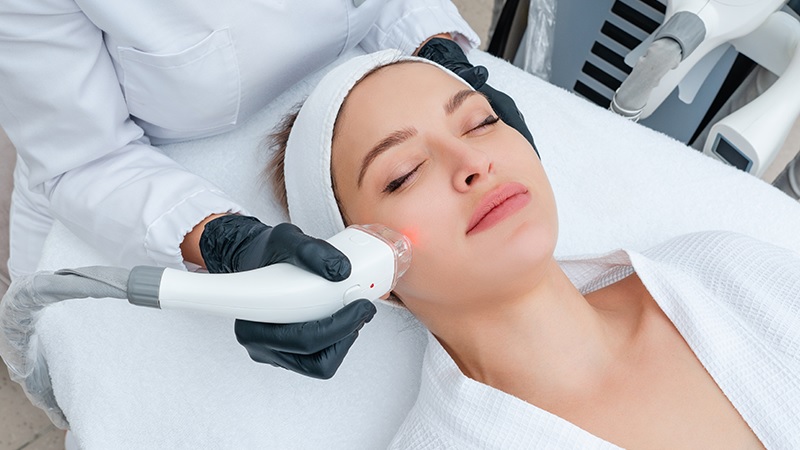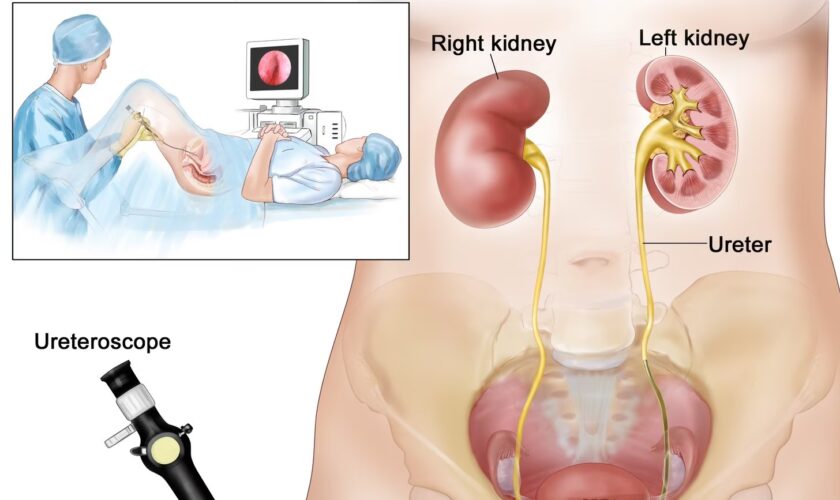Your skin is one of the most visible and important parts of your body. Taking care of it is crucial for your overall health and well-being.
While many of us may rely on skincare products or home remedies to address skin concerns, there are times when we need professional medical intervention. This is where your dermatologist in Singapore comes in.
In this article, we will explain what kind of specialists dermatologists are. We will also explain what they do for the face, and when to see one, among other basics. Read on.
Who is a Dermatologist?
Dermatologists are medical professionals who specialize in diagnosing, treating, and preventing skin, hair, and nail disorders. They undergo extensive education and training to become experts in their field.
They typically require a degree in medicine, completion of a residency program, and passing a board certification exam. In Singapore, dermatologists may also hold additional qualifications, such as membership in the Academy of Medicine or the Dermatological Society of Singapore. Seeing a dermatologist can offer numerous benefits, including:
- Accurate diagnosis and treatment of skin conditions
- Expert advice and guidance on skincare and beauty
- Prevention of skin cancer and other serious skin diseases and
- Boosting self-confidence and quality of life
What do Dermatologists do for the Face?
Dermatologists offer a wide range of services aimed at improving the health and appearance of your face. The services you can expect from your dermatologist in Singapore include the following:
- Acne treatment: Acne is a common and often frustrating skin condition that affects many people, particularly during adolescence. Dermatologists can offer various acne treatments that aim to reduce inflammation, prevent scarring, and improve the overall appearance of your skin. These treatments may include topical creams, oral medications, or in-office procedures such as extractions, chemical peels, or laser therapy.
- Anti-aging treatments: As we age, our skin may start to show signs of aging, such as wrinkles, sagging, or age spots. Dermatologists can offer various anti-aging treatments that aim to restore the youthfulness and vitality of your skin. These treatments may include injectable fillers, Botox, or laser resurfacing.
- Scar revision: Scars result from skin injury or surgery and can be unsightly or uncomfortable. Dermatologists can offer various scar revision treatments to minimize or eliminate scars, such as topical creams, injectable fillers, microneedling, or laser resurfacing. These treatments can improve the appearance and texture of scars and boost your self-esteem and quality of life.
- Pigmentation correction: Pigmentation refers to the coloration of the skin, which can be affected by various factors such as sun exposure, hormones, genetics, or inflammation. Dermatologists can offer various pigmentation correction treatments that aim to reduce or eliminate dark spots, freckles, melasma, or hyperpigmentation, such as topical lightening agents, chemical peels, or laser therapy. These treatments can help you achieve a more even and radiant complexion.
- Allergy testing: Allergies are a common and often frustrating condition that can affect the skin on your face and body. Dermatologists can perform allergy testing to identify the specific triggers of your allergic reaction and recommend appropriate measures to avoid or manage them. This can include avoiding certain skincare products or foods, taking antihistamines or corticosteroids, or undergoing immunotherapy.
When to See a Dermatologist?
The health of your skin is crucial to your overall well-being. While many skin conditions are harmless and can be treated with simple measures, there are instances when it actually does help to seek the help of a professional.
Knowing when to see your dermatologist in Singapore can help prevent or minimize the progression of skin conditions and improve your quality of life. Here are some of the instances when you may want to see a dermatologist:
- Persistent or severe acne that does not respond to topical treatments or lasts more than a few months
- Chronic or recurring skin rashes, eczema, or psoriasis
- Suspicious moles or growths that change in size, shape, or color
- Skin cancer or pre-cancerous lesions
- Chronic or severe dryness, itching, or scaling of the skin
- Excessive sweating or body odor
- Scalp or hair loss conditions
If you have any of these symptoms or concerns, be sure to consult a dermatologist for proper diagnosis and treatment. Early intervention often prevents or minimizes skin condition progression and improves the quality of life.
Can a Dermatologist Remove a Pimple?
One of the most frequently asked questions about dermatologists online is; can a dermatologist remove a pimple? The answer is, ‘Yes.’ Dermatologists can remove pimples, and they offer various treatments that aim to prevent or minimize acne breakouts.
While it can be really tempting to pop a pimple yourself, doing so can lead to infection, scarring, or further breakouts in extreme cases. Here is where dermatologists fit in so nicely again.
They can perform safe and effective procedures such as extraction, injection, or laser therapy to remove pimples and improve the overall appearance of your skin. It is also worth pointing out that many over-the-counter acne products may promise quick and easy solutions.
The only problem is that they may not address the underlying cause of acne and may even aggravate your skin. That said, seeing a dermatologist for pimples can offer numerous benefits, which may also include:
- Accurate diagnosis of your acne type and severity
- A personalized treatment plan that addresses your unique skin concerns and lifestyle
- Access to prescription-strength medications or in-office procedures that can effectively reduce inflammation prevent scarring, and improve your skin texture and tone
- Expert advice and guidance on proper skincare habits, diet, and stress management that can prevent or minimize future breakouts
- Improved self-confidence and quality of life
Closing Thoughts
Dermatologists offer a wide range of services that can improve the health and appearance of your face. If you have any concerns or symptoms related to your skin, plan to consult a dermatologist for proper diagnosis and treatment. Remember, taking care of your skin is not only a matter of vanity but also a matter of health and well-being.
Ready to transform your skin and unlock your natural beauty? Schedule a consultation with The Dermatology Clinic today and discover how our expert dermatologists can help you achieve your skincare goals.
Whether you’re struggling with acne, aging, or other skin concerns, our personalized treatments and state-of-the-art techniques can help you look and feel your best. Don’t wait – book your appointment now and take the first step towards radiant, healthy skin!
The Dermatology Clinic | ADULT & PAEDIATRIC DERMATOLOGY AND SKIN SPECIALIST
321 Joo Chiat Pl,
#05-01A Parkway East Specialist Hospital,
Singapore 427990
+6590230905


